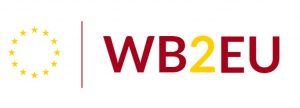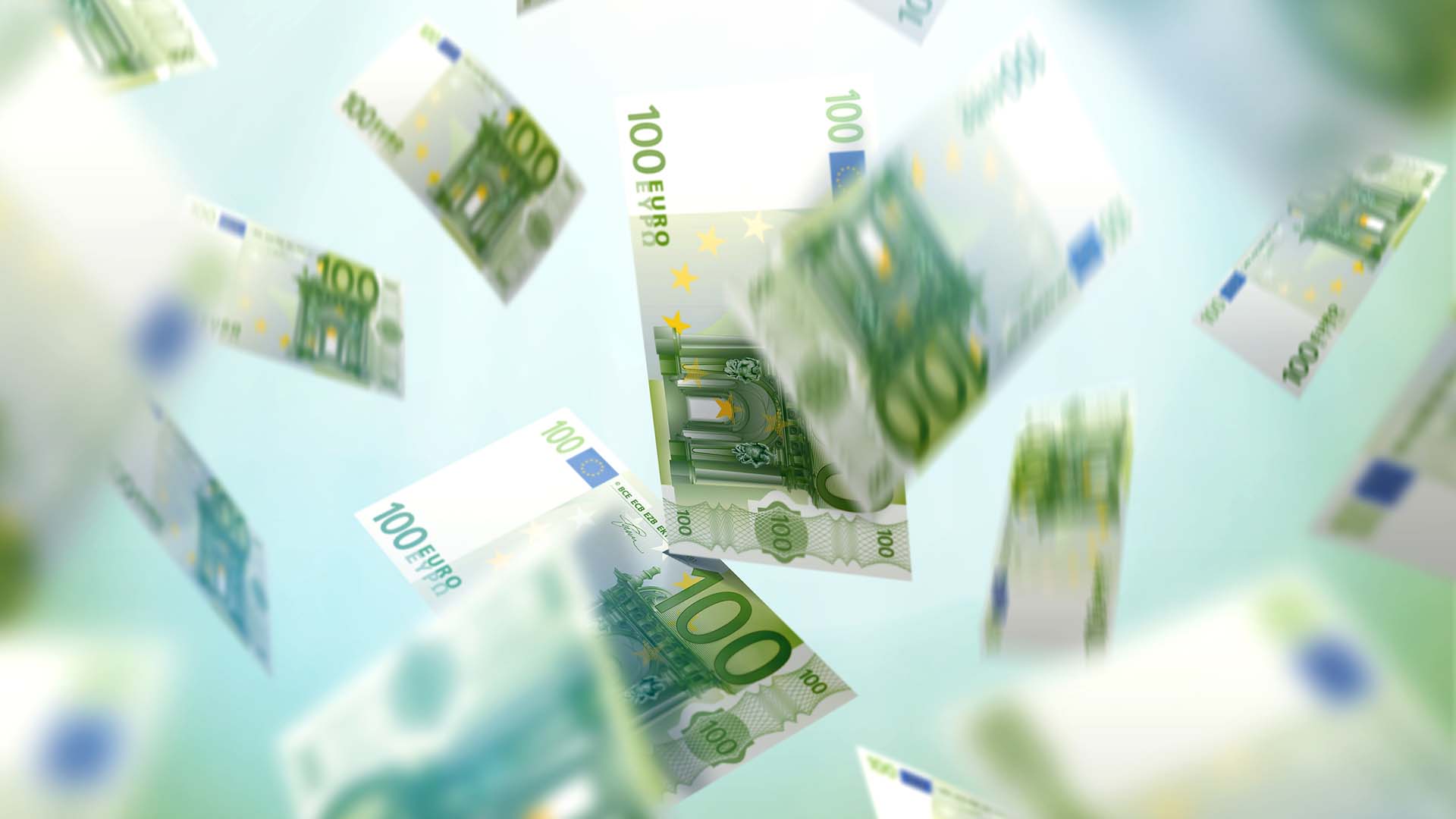Policy Recommendations
- Western Balkan states should reinforce the regulatory and institutional framework and empower independent authorities so as to mitigate political bargaining and interventions.
- Western Balkan states should establish appropriate environmental standards for business activity in line with the EU’s acquis communautaire in order to attract ‘green’ Foreign Direct Investments.
- The EU should focus on the genuine compliance of Western Balkan states with EU standards and on the comprehensive application of adopted legislation.
Abstract
The rule of law is positively correlated to the attainment of economic growth and sustainable development and to the attraction of Foreign Direct Investment. However, the Western Balkan countries feature inconsistent application of laws, the absence of a solid regulatory framework equal for all, corruption and clientelism. These countries’ weak rule of law systems renders their economies less attractive to ‘healthy’ investors. Important reforms should take place to speed up the path towards sustainable development and European Union (EU) accession. Taking as an example the Greek business/investing experience, the Policy Brief articulates some recommendations that are useful for the European investment community in general. The Western Balkan countries should vigorously carry out structural reforms in the judiciary, improve the legal and institutional framework, and contain corruption. On its side, the EU must pay more attention to the genuine (rather than procedural) implementation of reforms and hold the local leaderships accountable for persistent rule of law deficiencies and state capture practices.
The Policy Brief is published in the framework of the WB2EU project. The project aims at the establishment of a network of renowned think-tanks, do-tanks, universities, higher education institutes and policy centres from the Western Balkans, neighbouring countries and EU member states that will be most decisive for the enlargement process and Europeanisation of the region in the upcoming years. The WB2EU project is co-funded by the European Commission under its Erasmus+ Jean Monnet programme.







